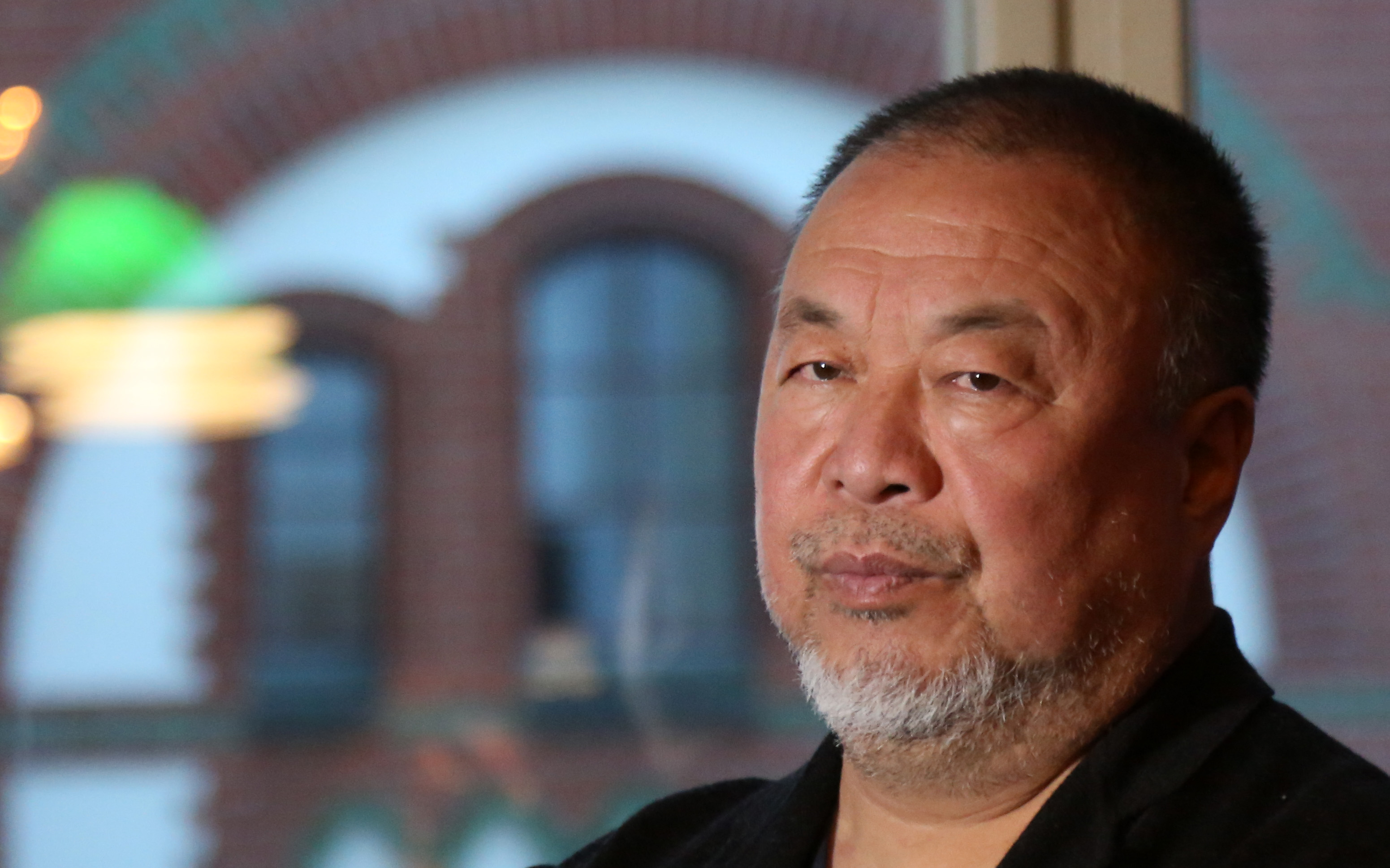
When the dissident artist Ai Weiwei was detained in China for 81 days in 2011, he vowed to write a book about his experience. Now, Ai’s memoir, titled 1000 Years of Joys and Sorrows, is due out on November 2, with a cover designed by the artist himself.
“During those long weeks [of detention], I thought often of my father, a poet who had been exiled during Mao Zedong’s Anti-Rightist Campaign,” Ai said in a statement. “I realized how incomplete my understanding of him was and how much I regretted the unbridgeable gap between us.”
“I did not want my son to suffer the same regret,” he added. “I resolved that if I was released I would write down what I knew of my father and tell my son honestly who I am, what life is like, why freedom is so precious, and why autocracy fears art.”
The book, which will be translated into 13 languages, will offer insights into Ai’s artistic practice and dedication to activism through the framework of the last century of Chinese history.
During China’s Cultural Revolution, Ai Qing, the artist’s father and a leading Chinese poet and intimate of Mao Zedong, was accused of being a “rightist.” In 1958, the government sentenced him to hard labor, and the Ai family was banished to China’s remote “Little Siberia.”
Ai Weiwei, 1000 Years of Joys and Sorrows (2021). Courtesy of Penguin Random House.
Decades later, Ai Weiwei ran afoul of the Chinese government himself after criticizing its lack of transparency in releasing the names of children who died in a poorly constructed state-built school during the 2008 Sichuan earthquake. After his imprisonment—allegedly for tax evasion, although no charges were ever brought—the government did not return AI’s passport for more than 600 days. Shortly thereafter, Ai left China and has since been living in Europe.
Today, Ai has an 11-year-old son, Ai Lao, with his girlfriend, documentary filmmaker Wang Fen. Tying the three generations together, a new edition of Ai Qing’s Selected Poems, set to be republished in English the same day as 1000 Years of Joys and Sorrows, will feature a forward by Ai Weiwei and cover art by Ai Lao.
Ai Qing, Selected Poems, with a forward by Ai Weiwei, the author’s son, and a cover designed by Ai Lao, the author’s grandson. Courtesy of Penguin Random House.